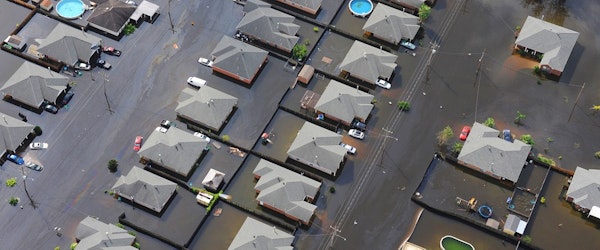
How Data Innovation Is Shaping the Insurance Industry’s Response to Climate Risks
Tuesday, January 7th, 2025 Catastrophe Legislation & Regulation Property Risk ManagementAt the 2024 Joint Industry Forum (JIF) hosted by the Insurance Information Institute (Triple-I), experts showcased how the insurance industry is tackling climate-related risks. Through "Risk Take" presentations, specialists highlighted data-driven approaches to improve resilience and close protection gaps.
Munich Re US shared insights from its RiskScan 2024 survey, revealing a significant disconnect between consumers’ concern over climate change and their understanding of insurance coverage, particularly for flood risk. Many homeowners wrongly assume their standard policies include flood protection, exacerbating the coverage gap. Munich Re introduced private-sector solutions like the Inland Flood Endorsement, but education remains vital to increase adoption.
Companies like 7Analytics and Guidewire emphasized the power of granular data in identifying property-specific risks. By combining geoscience with machine learning, 7Analytics can map flood risk "neighbor by neighbor," while Guidewire’s HazardHub delivers geospatial risk data across various perils, improving underwriting precision.
California is at the forefront of regulatory innovation, allowing catastrophe models for rate-setting and incentivizing insurers to recognize resilience measures. This shift, combined with emerging insurance tools, positions the industry to better mitigate climate risks and reduce the protection gap.





